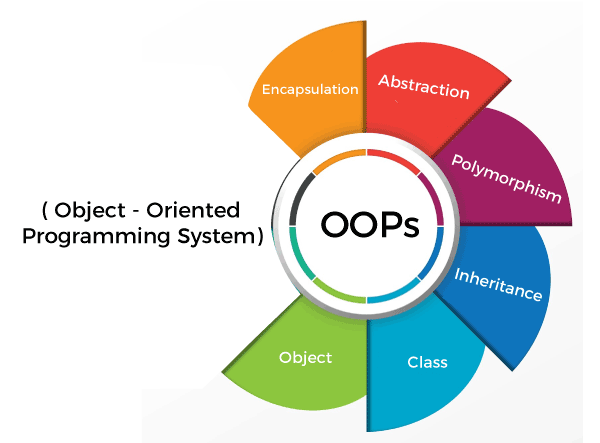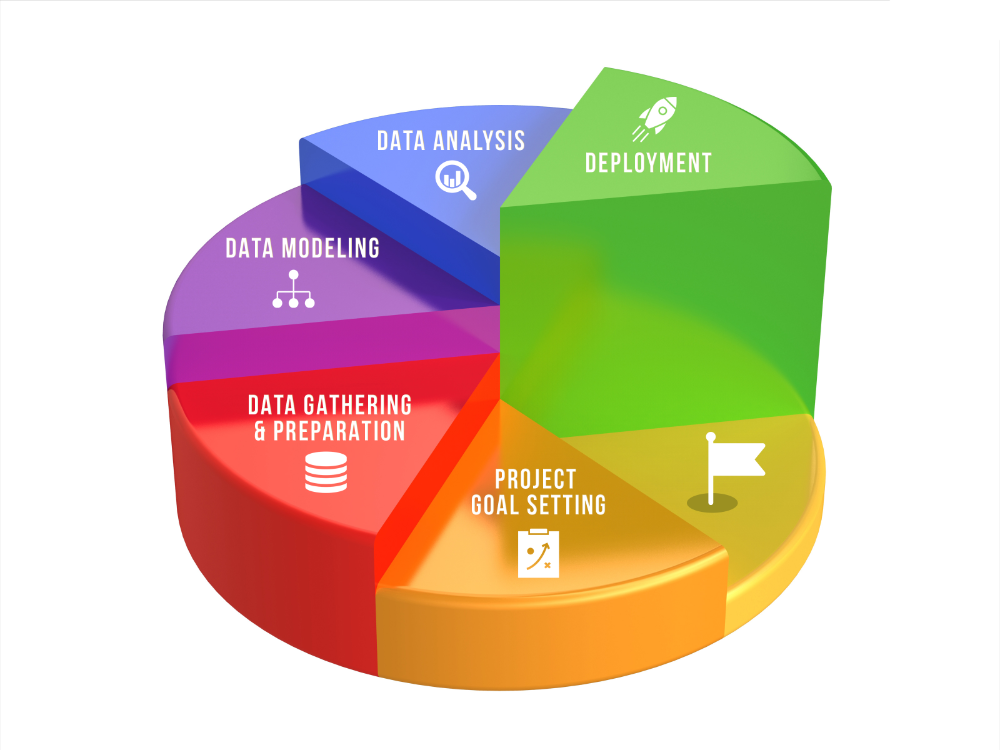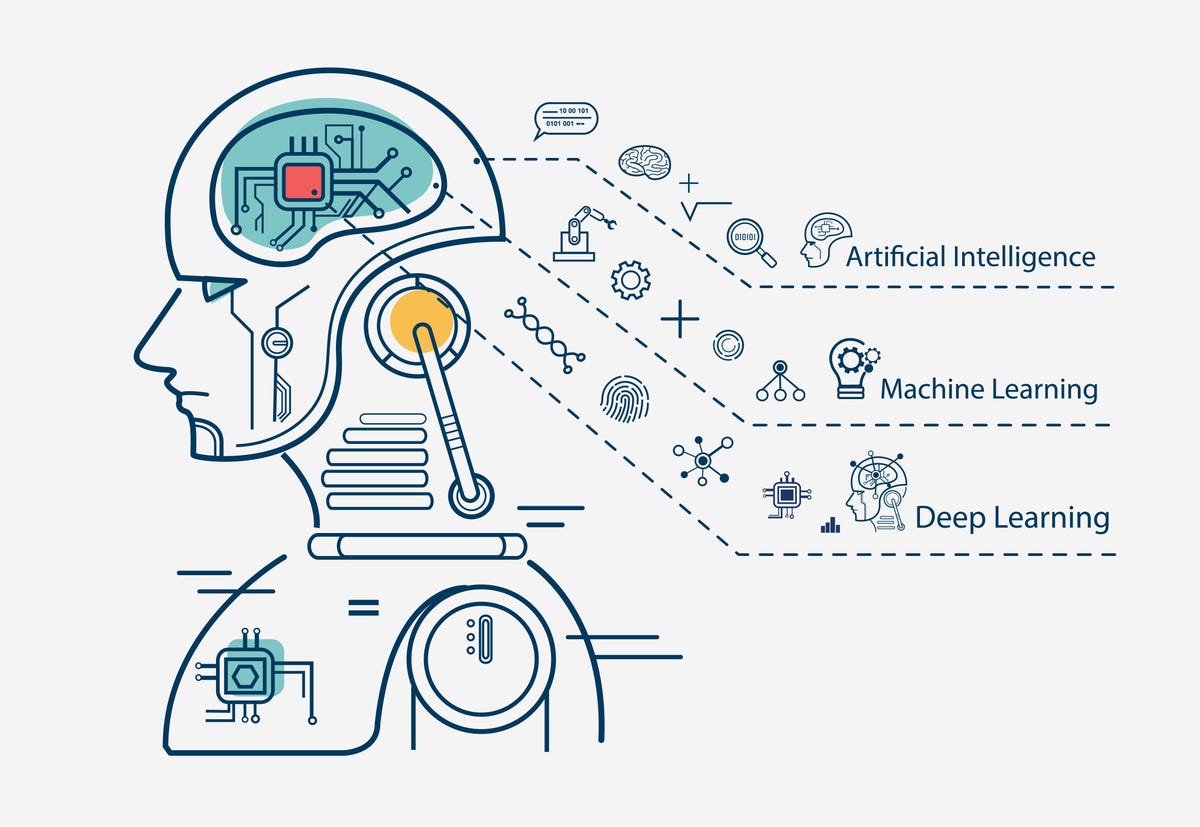Εισαγωγή στον Προγραμματισμό για Μηχανικούς
- Teacher: Argyris Constantinides
- Teacher assistant: Christoforos Panayiotou
Εισαγωγή στον Προγραμματισμό για Μηχανικούς
Σεμινάρια Ηλεκτρονικής Υγείας


Το μάθημα έχει στόχο να διδάξει τα βασικά της αντικειμενοστρεφoύς ανάλυσης, σχεδιασμού και προγραμματισμού με τη γλώσσα προγραμματισμού Java. Βασικός σκοπός του μαθήματος είναι να εξοικειώσει τους φοιτητές με τις αρχές του Αντικειμενοστρεφούς Προγραμματισμου (object-oriented programming), να τους βοηθήσει να αναπτύξουν επάρκεια στη χρήση της Αντικειμενοστρεφούς Μεθοδολογίας και της γλώσσας Java για την επίλυση υπολογιστικών προβλημάτων, στη χρήση προχωρημένων προγραμματιστικών τεχνικών και στην επίλυση πολύπλοκων προβλημάτων. Οι φοιτητές θα αποκτήσουν εμπειρία στην ανάπτυξη λογισμικού σε μεγαλύτερη κλίμακα και στην ομαδική εργασία.
Σκοπός του μαθήματος είναι να διδάξει τις βασικές αρχές σχεδιασμού και λειτουργίας ενός μοντέρνου λειτουργικού συστήματος. Mελετούνται τα λειτουργικά επίπεδα και οι μηχανισμοί ενός μοντέρνου λειτουργικού συστήματος που υποστηρίζει καταμερισμό χρόνου. Eπίσης, εξετάζονται τυπικά λειτουργικά συστήματα όπως Unix και Windows. Δίδεται ο διπλός ρόλος ενός λειτουργικού συστήματος, σαν διαχειριστή των διαφόρων μονάδων του υπολογιστή και σαν προμηθευτή των παρεχόμενων υπηρεσιών προς τον χρήστη.
Τεχνητή Νοημοσύνη

Η τηλεπικοινωνιακή επανάσταση, με επίκεντρο την περιβάλλουσα εξυπνάδα (Ambient Intelligence) και ποιο συγκεκριμένα τη διάχυτη επικοινωνία (Ubiquitous Communication and Networking), έχει σαν βασικό άξονα τις ασύρματες / κινητές επικοινωνίες. Νέα ενοποιημένα δίκτυα κινητής τηλεφωνίας (π.χ. UMTS, LTE, LTE advanced, 4th and 5th Generation Networks), νέα ασύρματα δίκτυα (τοπικά: Wireless LΑΝs, πχ. IEEE802.11g, n, και μητροπολιτικά: WiMax), καθώς και νέες αρχιτεκτονικές και τοπολογίες (π.χ. ad-hoc, sensor networks, machine-to-machine, VANETs), και το Internet of Things (IoTs) έχουν προταθεί τα τελευταία χρόνια που καθιστούν και αυτά μια επανάσταση στη φιλοσοφία των δικτύων. Σκοπός του μαθήματος είναι να γίνει μια εισαγωγή σε ασύρματα δίκτυα, με έμφαση σε θεμελιώδεις έννοιες και αρχές, τις τεχνολογίες ασυρμάτων και κινητών δικτύων, εισαγωγή στη ανάπτυξη, σχεδίαση, εφαρμογή, και αξιολόγηση των πρωτοκόλλων, καθώς και εισαγωγή στις νέες αρχιτεκτονικές και τοπολογίες. Επίσης θα μελετηθούν υπάρχοντα και προτεινόμενα πρότυπα για κινητά δίκτυα (π.χ. Mobile IP), και θα συζητηθούν θέματα ερευνητικού ενδιαφέροντος.
Η Αλληλεπίδραση Ανθρώπου-Υπολογιστή είναι η γνωστική περιοχή της πληροφορικής που μελετάει το σχεδιασμό, την ανάπτυξη και την αξιολόγηση διαδραστικών υπολογιστικών συστημάτων (interactive computer systems) δηλαδή συστημάτων που αλληλεπιδρούν με τους χρήστες τους (ACM SIGCHI, "Curriculum for Human-Computer Interaction", Special Interest Group on Computer-Human Interaction Curriculum Development Group, New York, 1992). Σκοπός του μαθήματος είναι η επισκόπηση θεωρητικών μοντέλων που αφορούν στην αλληλεπίδραση ανθρώπων μηχανών, και μελέτη των τεχνολογιών, μεθόδων και εργαλείων για τη σχεδίαση και ανάπτυξη διαδραστικών συστημάτων λογισμικού.
Computer vision deals with extracting a high-level description of the world around us, by inferring its geometry and semantics taking as input a snapshot from an acquisition device. Traditionally, this acquisition device has been a digital camera, and this input has been a picture or a series of pictures. Recently, the field has expanded into more types of input, including 3D data. This course aims to build a fundamental understanding of classic computer vision, starting at extracting semantics from image/s, moving to extracting geometry, and ending with higher-level tasks, including, semantic segmentation, recognition, detection, and tracking. An overview of recent developments in deep learning for computer vision will also be made.

Γραφικός και Εικονικός Υπολογισμός.
The main objectives of this graduate-level course are to provide an in-depth understanding of advanced concepts and research directions in the field of databases. The course is organized in three parts: (i) Fundamentals of Database Systems Implementation; (ii) Distributed, Web and Cloud Databases; (iii) Spatio-temporal Data Management, Sensor Data Management, other selected and advanced topics from the recent scientific literature.
Outline: (i) Fundamentals of modern Database Management Systems (DBMSs): storage, indexing, query optimization, transaction processing, concurrency and recovery. (ii) Fundamentals of Distributed DBMSs, Web Databases and Cloud Databases (NoSQL / NewSQL): Semi-structured data management (XML/JSON, XPath and XQuery), Document data-stores (i.e., CouchDB, MongoDB, RavenDB), Key-Value data-stores (e.g., BerkeleyDB, MemCached), Introduction to Cloud Computing (GFS, NFS, Hadoop HDFS, Replication/Consistency Principles), "Big-data" analytics (MapReduce, Apache's Hadoop, PIG), Column-stores (e.g., Google's BigTable, Apache's HBase, Apache's Cassandra), Graph databases (e.g., Twitters FlockDB) and Overview of NewSQL (Google's Spanner and Google's F1). (iii) Spatio-temporal data management (trajectories, privacy, analytics) and index structures (e.g., R-Trees, Grid Files) as well as other selected and advanced topics, including: Embeeded Databases (sqlite), Sensor / Smartphone / Crowd data management, Energy-aware data management, Flash storage, Stream Data Management, etc. The last part of the course will feature both invited talks from external invited speakers and the presentations of students.
Course Website: http://www.cs.ucy.ac.cy/~dzeina/courses/epl646/
This course is part of the new M.Sc. in Artificial Intelligence, developed as part of the Master programmes in Artificial Intelligence 4 Careers in Europe, and is offered within the network of partner universities promoting new careers in AI for students from any EU country.
The course aspires to help students explore and master key concepts and challenges of relevance to AI and Data-driven entrepreneurship. It introduces students to the world of high-technology entrepreneurship through case studies that demonstrate successes, failures, and challenges. The course provides also an overview of, and an introduction to key steps to develop a start-up, design a business model, explore product-market fit, manage intellectual property, and attract investment.
Students will explore acknowledged innovation-driven entrepreneurship methodologies and experiment with them and associated tools to pursue the translation of their ideas into entrepreneurial endeavors. The course examines issues faced by Start-up Founders and Chief Technology Officers who need to innovate at the boundaries of AI, Ιnformation Τechnology, and Βusiness by understanding all perspectives.

The medical domain has presented key challenges to the AI community from the early days of AI research. It is not an exaggeration to say that this pioneering work, particularly in medical expert systems, and its undisputable successes, some in real-life settings, has helped both in restoring confidence in the promise of AI, that at some point was disturbed after its failure to deliver fully on the very ambitious initial goals that it had set, and in paving the way towards more viable paths harnessing the mechanization of knowledge and human expertise. AI in Medicine (AIM) is as old as AI itself, initially focusing on modelling human expertise, researching at the same time the cognitive processes involved in developing from a novice to an expert problem solver, as well as on intelligent tutoring systems for medical students and automated support for various clinical tasks. Over the years the initial focus on knowledge engineering has expanded to include ontologies and terminologies, natural language processing and text mining, guidelines and protocols, temporal information management, distributed and cooperative systems, uncertainty management, machine learning, image and signal processing and others. Recent interest focuses on medical analytics for healthcare intelligence. New challenges continuously arise, triggered from and/or triggering, important technological advances. The aim of this elective course is to familiarize students with the past, present and future of Artificial Intelligence in Medicine, illustrating the discussion with a number of case studies, and pinning down the human-centric and ethical aspects underlying the given applications.

This course will offer an introduction to machine learning algorithms, the use of deep learning and its applications in computer vision and graphics. The course will also operate as a graduate-level seminar with weekly readings (1 hour per week), summarizations, and discussions of recent papers.

https://dmsl.cs.ucy.ac.cy/
Empty course to submit a paper/assignment and do a plagiarism check.


This course is designed to provide academic staff, who have little or no experience with online teaching, with the support to transfer study-units from a face-to-face to a blended or online format. The course has been selected for an Honorable Mention award in the E-Learning category of the 2020 International E-Learning Awards, given by the International E-Learning Association.
This is a decription about the course ...
NCPeH CY cross boarder services





https://ec.europa.eu/inea/en/connecting-europe-facility
EESSI Training